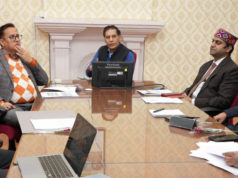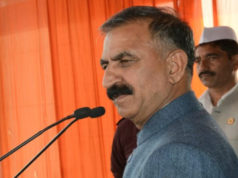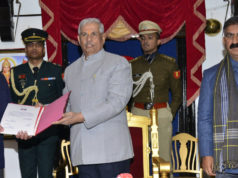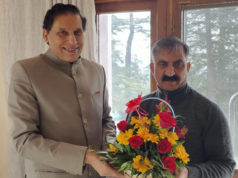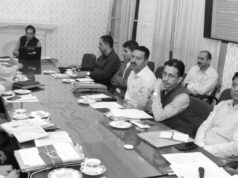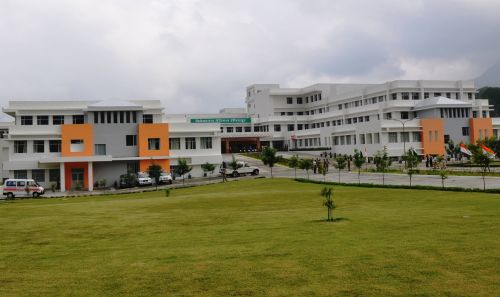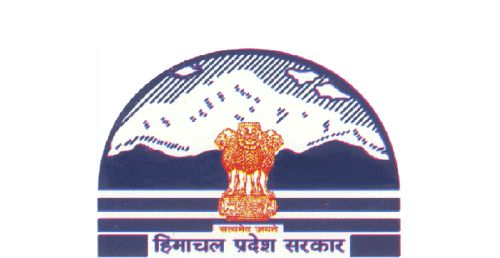
Himachal Pradesh Government today signed a $100 million loan agreement with the Government of India and World Bank to support the State in its move towards an environmentally sustainable model of economic growth. The agreement would support Himachal Pradesh in making its Green Growth Agenda Inclusive and Sustainable and the focus of this operation in the State would be towards climate-smart development across the key engines of economic growth in the state – energy, watershed management, industry and tourism.
The agreement was signed by Chief Secretary Sudripta Roy on behalf of the Government of Himachal Pradesh, Prabodh Saxena, Joint Secretary, Department of Economic Affairs, Ministry of Finance on behalf of the Government of India and Roland Lomme, Governance Adviser, World Bank India on behalf of the World Bank at New Delhi today.
The Bank’s Program is directed at helping HP adapt and mitigate the effects of climate change, bringing in better policies and practices to guide the development of sustainable hydro-power, empowering local communities to conserve their watersheds better, promote cleaner methods of industrial production and promote environmentally sustainable tourism.
The State Government has initiated a program of community-led conservation of local watersheds across the State. Under the Program, villagers will draw up local-level plans and implement them. This is expected to improve the availability of water in the hills, help farmers move to higher-income yielding crops, promote the efficient use of scarce water resources and help communities set up agri-businesses. The Bank-financed DPL will help the State Government pilot this approach in at-least one Gram Panchayat in each of the State’s 77 blocks. It is expected that these watershed management practices will result in higher soil conservation, improved habitats for bio-diversity, improved forest cover and reduced sedimentation.
Hydro-power has been identified as one of the key drivers of economic growth in the state. Harnessing the State’s large hydro-power potential is a critical low-carbon way to contribute to India’s growing energy demand. The State has ambitious plans for hydro-power development of 10 GW over the next 10 years. The DPL will help the State Government make sure that the State’s hydro-power program incorporates policies and practices that are environmentally and socially sustainable.
The Program will help HP adopt a river-basin approach in the assessment and management of the environmental risks associated with large-scale hydro-power development. This will include conducting cumulative impact assessment for all key river basins, reviewing and monitoring the release of environmental flows from hydro-power projects and drawing up Basin-Level Catchment Area Treatment Plans.
Local communities living in the vicinity of hydro-power projects often have to bear some negative impacts. In order to ensure that these villagers also get a share in the benefits from these development projects, the State Government has launched an innovative revenue-sharing scheme supported by this operation. Under this new policy, one percent of power sales from each project will be distributed as annuity payment to households in project-affected areas. “Below Poverty Line” (BPL) families will get additional transfers. The Program will focus on seeking incentive-based economic policies to reduce industrial emissions and will promote sustainable tourism practices.





